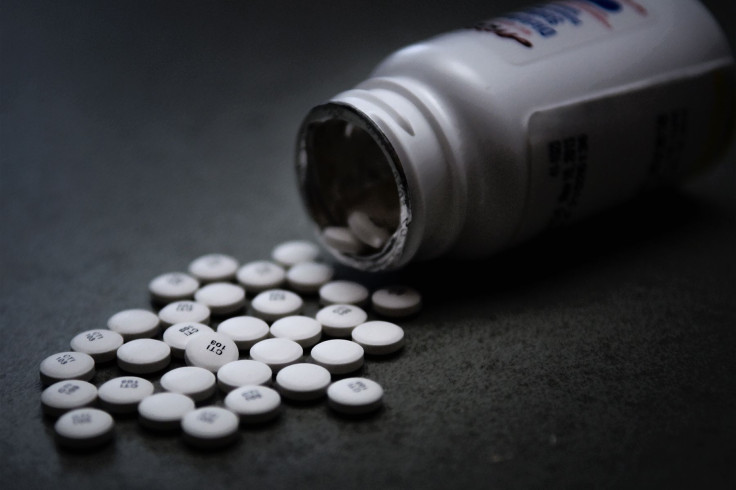US Opioid Crisis: Drug Distributors McKesson, AmerisourceBergen, Cardinal Health May Owe $18 Billion

Three major drug distributors reportedly are in discussions to settle sweeping litigation stemming from the opioid crisis for $18 billion.
The Wall Street Journal reported McKesson Corp., AmerisourceBergen Corp. and Cardinal Health reportedly are in talks to settle lawsuits filed by state and local governments blaming them for fueling the crisis, which killed more than 70,000 people in 2017. The three companies were scheduled to go to trial Monday in federal court in Cleveland on cases in two Ohio counties that were seen as a bellwether.
Johnson & Johnson, which earlier this month reached a $20.4 million settlement with two Ohio counties, also reportedly is participating in the talks and would contribute additional funds.
If settlement is reached, it would be the first broad resolution outside bankruptcy. Earlier, Purdue Pharma LP, the maker of OxyContin, filed for bankruptcy in an agreement that will see it restructured into a trust worth as much as $13 billion that will help fight opioid addiction
More than 2,000 lawsuits are pending across the country against drugmakers, distributors and pharmacies. The suits blame aggressive marketing of painkillers and lax oversight for widespread opioid addiction and are attempt to recoup costs for grappling with the crisis, including costs for emergency and social services.
Deaths from both legal and illegal opioids totaled at least 400,000 from 1999 to 2017.
Caleb Alexander, co-director of the Center for Drug Safety and Effectiveness at Johns Hopkins School of Public Health, said it’s not just drugmakers and distributors who are responsible for the cricis. He said doctors, nurse practitioners and physician assistants also are partly to blame by overprescribing the drugs.
Rates of prescription opioid misuse have been pegged between 21% and 29%, with more than 2 million people in the U.S. suspected of having an opioid use disorder in 2013. Prescription use also paves the way for illegal use of drugs like heroin once the prescription supply is cut off.
Between 2006 and 2017, an estimated 233.7 million opioid prescriptions were filled each year at retail pharmacies, with increasing numbers written for a month or longer.
© Copyright IBTimes 2024. All rights reserved.






















